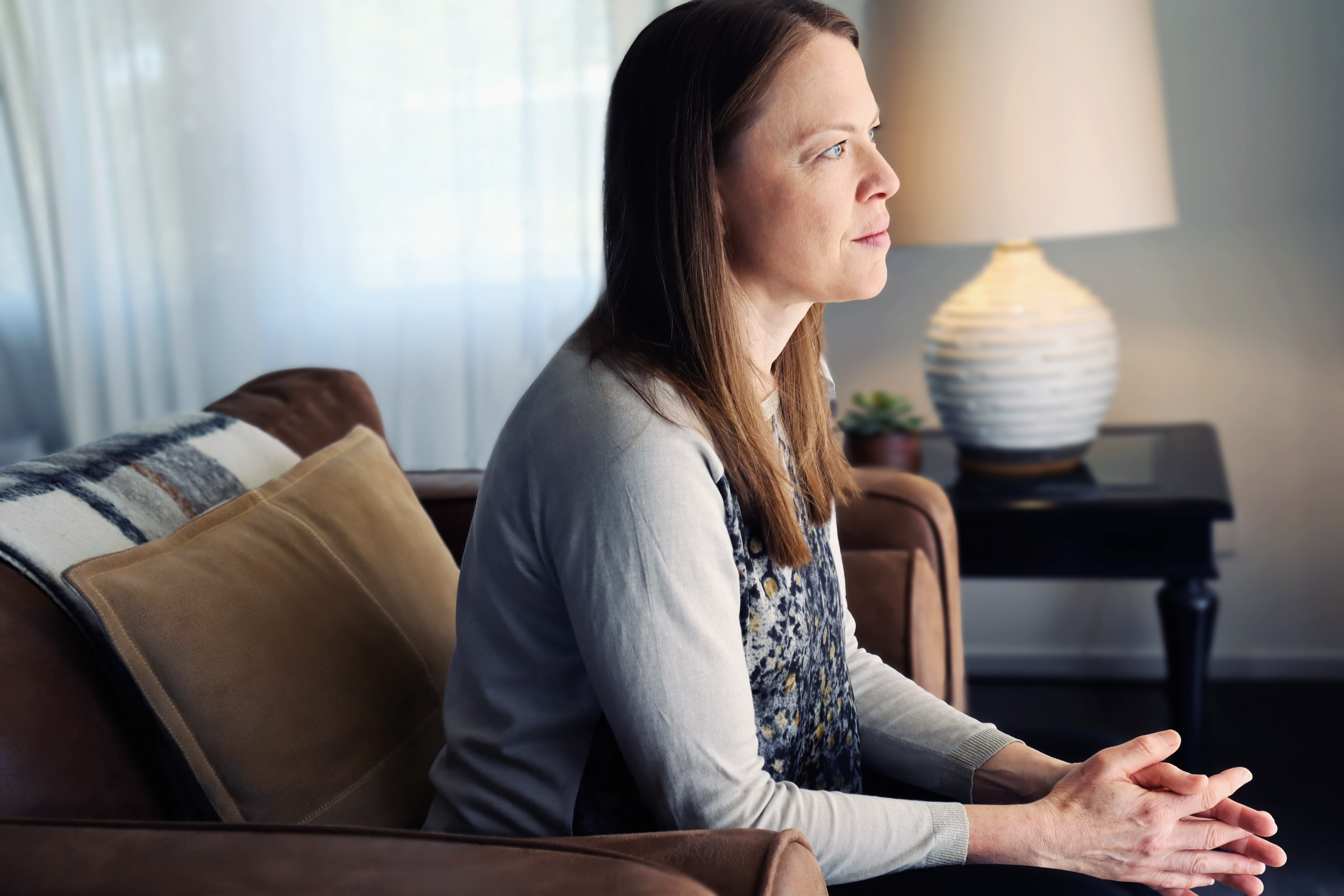Everyone has an innate capacity to change, heal and find wellbeing
–––
Therapy is a safe place for you to process your thoughts, feelings and experiences
I offer both counselling and psychotherapy services to individuals from young adulthood onwards who are looking for immediate or ongoing support. In counselling we generally take a shorter-term, solution-focused approach to address practical day-to-day concerns. Whereas in psychotherapy we take more time to explore how unconscious processes might be influencing you.
—
My clients seek therapy for all sorts of reasons. I can help if you’re struggling with your feelings or relationships, dealing with unwanted loss or change, seeking new and healthier coping strategies, or looking to address issues you’ve long been avoiding. Whatever your focus, I’ll listen to you and tailor my knowledge, skills, and practice to help us untangle the issues that are on your mind.
I provide the following therapeutic support to individuals from young adulthood onwards:
Relationship issues
Life transitions and changes
Unwanted behaviours
Addictions
Anger management
Anxiety and depression
Stress management
Trauma and family violence
Grief and loss
Identity issues
I’m dedicated to helping people untangle and deal with life’s challenges
I always provide a confidential, accepting, and non-judgemental space for your self-reflection and self-discovery. In this environment, we can work together to consider challenges, seek new perspectives and solutions, and develop tools and strategies that help you untangle and face life’s challenges. I can help bring awareness to unknown aspects of yourself to reveal how they might be impacting you today. And if trauma is part of your story, I can help you make sense of these experiences and reduce their impact.
These are my areas of expertise:
-
Counselling is a shorter-term, solution-focused, collaborative therapeutic approach designed to address specific concerns or practical issues affecting day-to-day life. Counsellors use their skills and knowledge of human psychology and behaviour to help you gain clarity and understanding, make difficult decisions, and resolve problems.
As your counsellor, I will listen to you carefully and join you as you contemplate your problem, consider different perspectives, and explore possible solutions. I’ll offer you my objectivity and highlight any blind spots if that’s helpful. And I’ll draw from a range of evidence-based counselling interventions to guide the process while always maintaining a safe and non-judgemental space.
I find clients seek counselling support for life-stage transitions, challenges in relationships, struggles with grief and loss, parenting and family challenges, study and career decisions, and motivation to make change. Sometimes counselling is a short process of up to a few months, and sometimes people decide to further their self-understanding and development in psychotherapy.
-
Where counselling explores concerns within awareness, psychotherapy seeks to explore and make sense of both conscious and unconscious aspects of a person’s experience. Psychotherapists use their knowledge of human development, psychology, and neuroscience to help you deepen self-awareness and address long-term problematic patterns and behaviours.
As your psychotherapist, I will work with you to identify and examine deep-rooted and central beliefs that underlie the problems bringing you to therapy. Often the process starts by looking at your early history and any possible influences like culture, disability, sexuality, and spirituality. We then untangle links between your past and current life. I work from a psychodynamic foundation, and my ongoing personal development and supervision are central to my psychotherapeutic abilities.
Clients commonly seek psychotherapy because of ongoing issues associated with anxiety and depression, trauma and abuse, interpersonal issues, sleeping problems, and addictions. Over time, with active participation and increased insight, you can expect to develop greater meaning and purpose, enjoy an enriched emotional landscape, and improved relationships with yourself and others.
-
Trauma affects how we regulate emotions and often shows up as irritability, fear, or shame. Trauma also impacts our relationships, producing problems with boundaries, intimacy, and trust. All this can lead to feelings of isolation, worthlessness, and hopelessness, and people frequently use avoidance or dissociation to cope. These strategies are often behind issues like substance misuse, disordered eating, and self-harm for which people who have experienced trauma seek professional help.
Wounds from unresolved trauma and abuse have a way of impacting how we function in the world, sometimes without us knowing. For some, trauma’s impact may become apparent over time as symptoms grow and become problematic. For others, trauma wounds can surface suddenly following a change, a shock, or loss.
I specialise in helping people make sense of trauma including abuse and neglect (all types and all degrees) experienced during development or in relationship to others. I take a phase-based approach and reference current understandings of neuroscience to ensure my clients can process their trauma experiences in a very safe, flexible, and understanding environment.
While re-telling and re-living trauma is not a necessary path to recovery, working through trauma does take time and is emotionally challenging. However, it’s also highly rewarding and an invaluable investment in future physical and psychological wellbeing.
I can help you understand trauma’s impact, appreciate how you’ve survived, and revise unhelpful coping strategies to find healthier ways in recovery. If you’ve experienced trauma or abuse and are ready to untangle your experiences, please get in touch.





